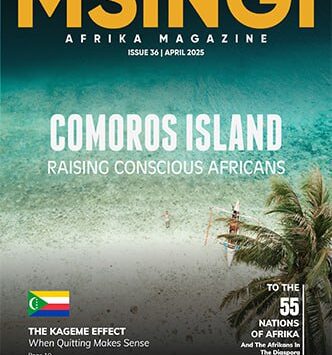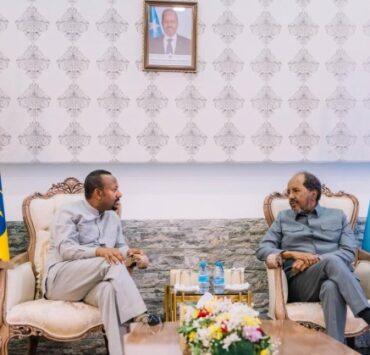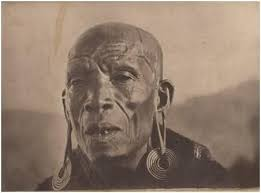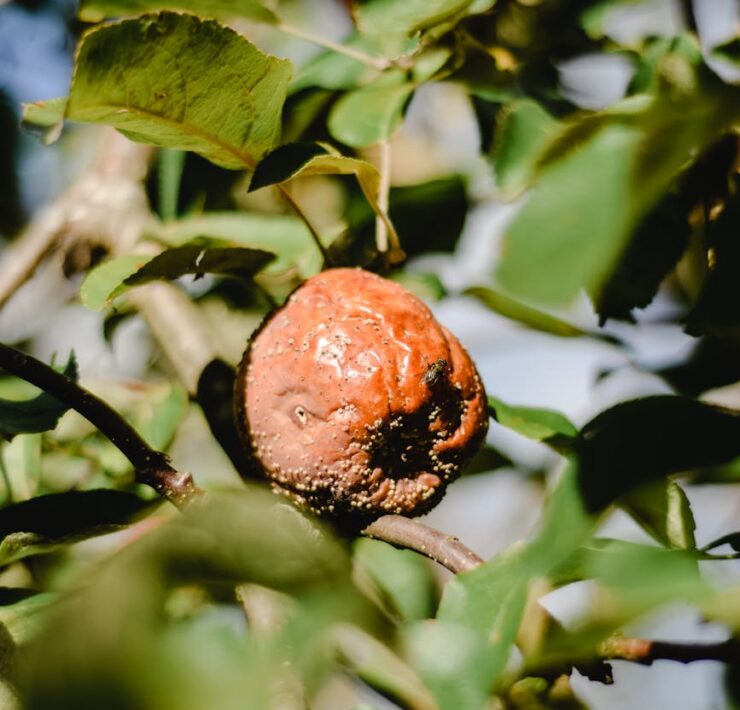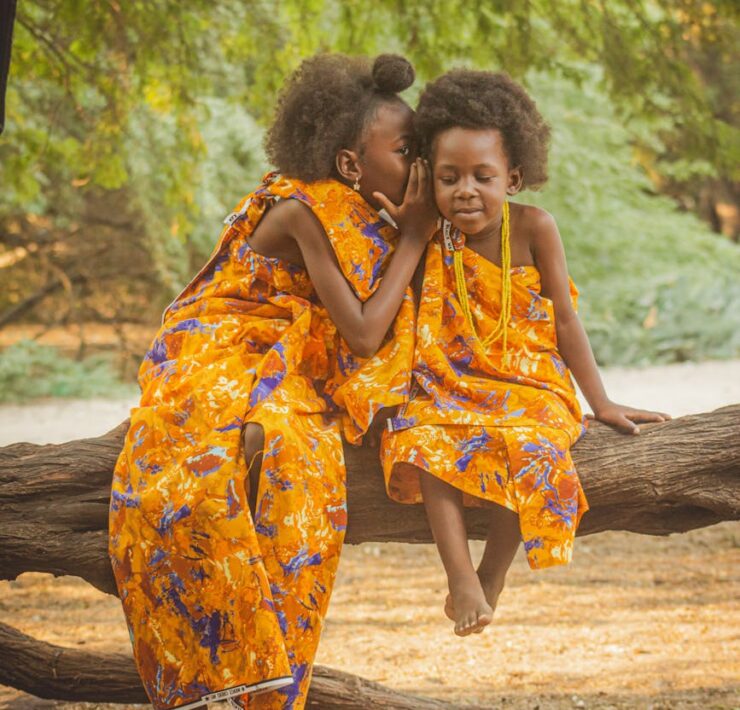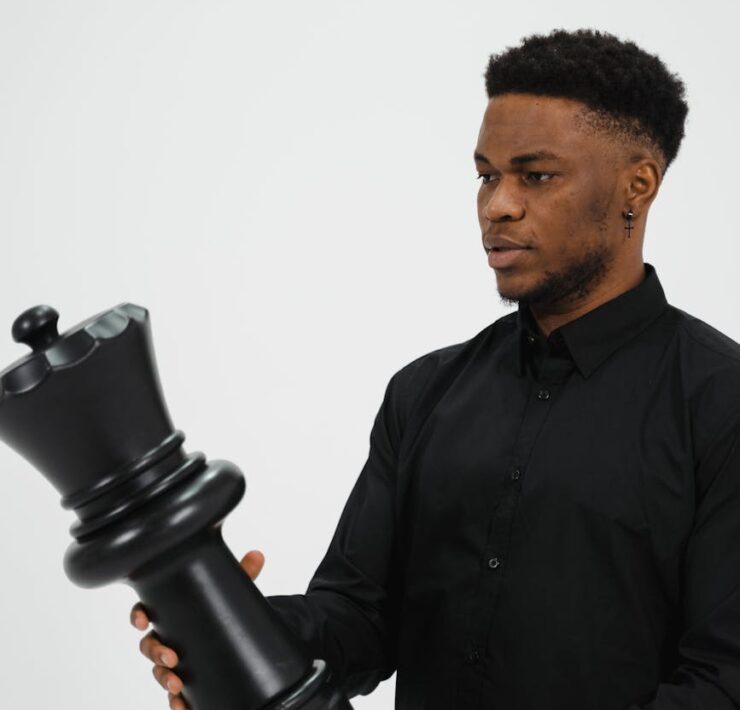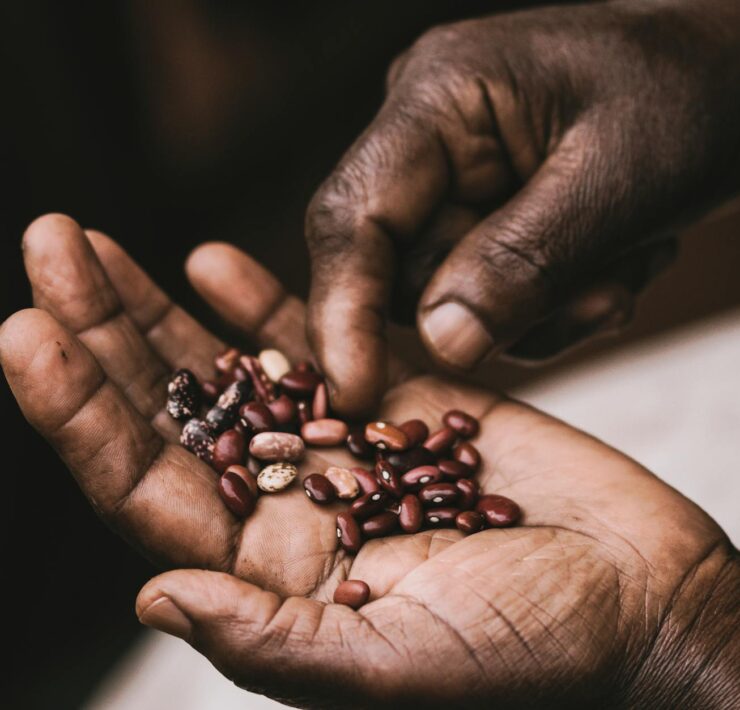NATION IN VIEW: COMOROS
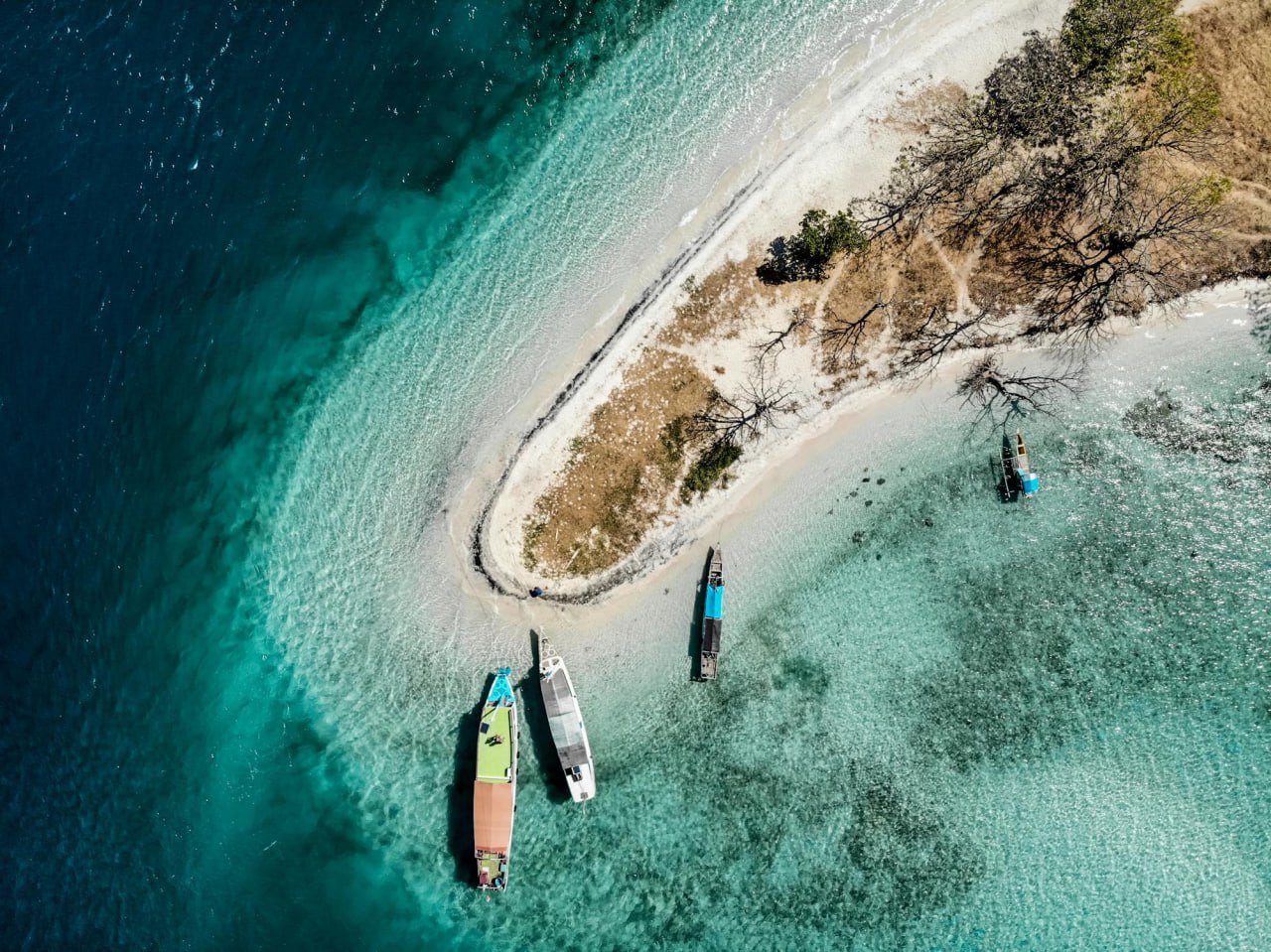
Samuel Phillips is a writer, graphic designer, photographer, songwriter, singer…
RAISING CONSCIOUS AFRICANS
People don’t drown because they got into water; they drown because water got into them. And that goes with the question – what are you allowing inside you?
The bigger question for me, however, concerns the African narrative and the many “waters” we allow daily into our lives as a continent, which are drowning our people and which most times we don’t even pay attention to. We are not even conscious of these things, nor take them seriously when someone points them out to us. We seem to be on some sort of autopilot, remotely controlled from some foreign lands.
As Africans, we tend to spend so much time on trivial things that add nothing in particular to our collective progress while blaming the other parts of the world for building their own lives using our riches. Take, for example, the Kenyan government unveiled a Saudi Model House to Prepare Kenyan Workers for Gulf Jobs. To speak clearly, this is where they train Kenyans who want to work as domestic workers in the Gulf nations. The house is set up like an average house in Saudi Arabia, and the purpose of the setup is to show these Kenyan workers how to “… enhance their preparedness and marketability, giving them a competitive edge in the international job market,” According to Alfred Mutua, Kenya’s Labour Cabinet Secretary. In other words, prepare your people to work as domestic help in Arab homes. I thought slavery was ended, or maybe we just love to joke.
In the minds of these government agencies that did this setup, they probably think they are intellectuals for making such a project. I think it’s stupid and condescending to the Kenyan people. I think we need to do more to raise the consciousness of our people from the limiting and devastating mindset of servitude that just wants to put food on the table, and thus would do anything to make it happen, to being creators of systems that create accurate solutions that cater for the needs of the people. And this is not about Kenya alone, but about everyone who is considered African globally.
So, am I against Africans going to work in other countries? Certainly not. What I am against is the attitude of servitude from which we view money and the making of money. Also, I am against the notion that believes that for Africans to live a better life, they either must go live in Europe or America, or they must go slave in foreign lands and then bring some money back home. We even tagged it diaspora remission and measured how well we are doing out there by it. Should Africa not have its own system at home that creates wealth for its people and also distributes it across the board, without all the corruption and the public stealing that is making a mess of our collective wealth?
Speaking of African intellectuals who bypass common sense to create projects that seem to constantly put the African people in a beggarly position, we cannot sort out our social and political problems with the use of our intellect alone. Our intellect is only as great as the mentality or consciousness it sits on. This is the reason why the more PhDs we produce in Africa, the more straitened the circumstances of our continent. Intellect is definitely important, but without the guidance of an elevated consciousness, it’s like giving live grenades to kids as toys. They’ll destroy themselves and everyone else. We must raise the consciousness of our people through quality education that shows them who they are and not what they are trying to be using foreign measurements.
Life guides us along numerous pathways, each intended to lead us to our designated destination—the fulfillment of our purpose. But the fact remains that along this journey, life’s experiences compel us to shed certain behaviors and cultivate character traits that match our new reality, which in turn will sustain us in our new place. How can we in 2025 still be talking about training our people to go and be house helps in other countries and then call it economic development? Are we sick or something? Is slavery so ingrained in our African DNA that it’s so difficult to create a better living path for our people without having to subject them to some form of condescending attitudes toward slavery? How many agencies are set up in the UAE, the US, or Europe to train Arabs, Americans, and Europeans to come and work as domestic workers in African homes? They mostly set up their agencies, train and fund them on how to pillage our backyards while we send our people to be slaves in theirs. We don’t feel shame as a people? We sure need to.
Comoros
On a lighter note, when I was searching for information about Comoros, I looked at the map of Africa, and it was as though Comoros, Seychelles, and the other Island nations on the eastern part of Africa were just a couple of dots in comparison. I was amused by the size of Comoros, I confess. However, even though Comoros is small in size, her story is nonetheless amazing.
The Comoros, officially the Union of the Comoros, is an archipelagic country in Southeastern Africa, located at the northern end of the Mozambique Channel in the Indian Ocean. Its capital and largest city is Moroni. The country declared independence from France on 6 July 1975. It is the only Arab League nation entirely in the Southern Hemisphere and is a member of the African Union, Organisation internationale de la Francophonie, Organisation of Islamic Co-operation, and the Indian Ocean Commission. The official languages are Shikomori, French, and Arabic.
With an area of 1,659 km² (641 sq mi), Comoros is the third-smallest African country. In 2019, the population was estimated at 850,886. The country consists of three major islands, excluding Mayotte, which voted against independence in a 1974 referendum and remains a French overseas department. France vetoed a UN Security Council resolution affirming Comorian sovereignty over Mayotte, which officially became a French overseas department in 2011.
The Comoros were first settled by Austronesian/Malagasy peoples, Bantu speakers, and Arab traders.
Facts about Comoros
Comoros consists of four major islands: Grand Comoros (Njazidja), Anjouan (Nzwani), Moheli (Mwali), and Mayotte. Although the United Nations recognizes Mayotte as part of the Comoros, France continues to administer it, using its veto power in the UN Security Council to prevent its reunification. Additionally, France has offered economic incentives and citizenship to Mayotte residents to discourage them from rejoining the Comoros.
Population and Geography
Comoros is among the world’s least populous nations, yet it is one of the most densely populated, with an average of 443 people per square kilometer. Despite its high population density, two-thirds of Comoros’ people reside in rural areas. The country remains largely undeveloped, with most citizens relying on subsistence farming and fishing.
Biodiversity and Natural Attractions
Comoros is home to Moheli Marine Park, the nation’s first protected area, established in 2001. Located within the Mozambique Channel, it hosts rare marine species, including the coelacanth, various shark species, and humpback whales. The island nation also boasts one of the world’s largest coral atolls, rich in marine biodiversity.
Comoros is the world’s leading producer of ylang-ylang, a fragrant flower used in perfume production and valued for its medicinal properties, including its use in aromatherapy.
Political Instability and Economic Challenges
Since gaining independence, Comoros has experienced over 20 coups or attempted coups, making it one of the most politically unstable nations. However, international efforts have contributed to a decade of relative peace, which has fostered hopes for economic development and foreign investment.
Despite its strategic location and natural resources, Comoros remains underdeveloped, primarily due to political instability. Tourism is still in its infancy, though the country’s unspoiled beaches, coral reefs, and volcanic landscapes hold immense potential for growth in the sector.
Cultural and Linguistic Heritage
The Comorian people are an ethnically diverse mix of African, Polynesian, Melanesian, Arab, and European influences. The islands were first settled by Polynesians and Melanesians before Africans and Arab traders arrived. Later, Portuguese explorers and French colonizers left their mark on the islands’ culture and history.
Comoros has three official languages: Comorian (a Swahili dialect written in Arabic script), Arabic, and French. Although French is the primary language for education and official business, it is spoken mainly by the urban elite.
Volcanic Activity and Capital City
Mount Karthala, an active volcano and the highest peak in Comoros at 2,361 meters, has erupted more than 20 times since the 19th century. Its most recent eruption occurred in 2007. Despite its activity, the mountain attracts visitors who explore its vast caldera and unique ecosystem.
Moroni, the capital and largest city, serves as the nation’s political and economic hub. It features a historic medina with Arabic-style architecture, influenced by early Arab traders. As a port city, Moroni exports key agricultural products such as vanilla, coffee, and cacao, though its steep coastal terrain limits harbor expansion.
Comoros is a small but densely populated island nation with a rich cultural and natural heritage. Despite its stunning biodiversity, strategic location, and economic potential, the country faces challenges due to historical political instability and economic underdevelopment. However, recent years of peace and stability offer hope for growth, particularly in tourism and agriculture. Its history, diverse influences, and natural beauty make Comoros a unique and intriguing destination.
Prayer for Comoros
There is beauty in “smallness”; it gives such amazing room to grow and expand without limit. So I pray for you, great people of Comoros, may you find the ideas, heart, leadership, and positive responses needed for you to expand your growth and your lives on the beautiful islands that you have been blessed with. Be blessed indeed and always.
What's Your Reaction?
Samuel Phillips is a writer, graphic designer, photographer, songwriter, singer and a lover of God. As an Afrikan content creator, he is passionate about creating a better image and positive narrative about Afrika and Afrikans. He is a true Afrikan who believes that the true potential of Afrika and Afrikans can manifest through God and accurate collaborations between Afrikans. Afrika is the land of kings, emperors, original wisdom, ancient civilizations, great men and women and not some road-side-aid-begging poor third world continent that the world finds joy in undermining.









